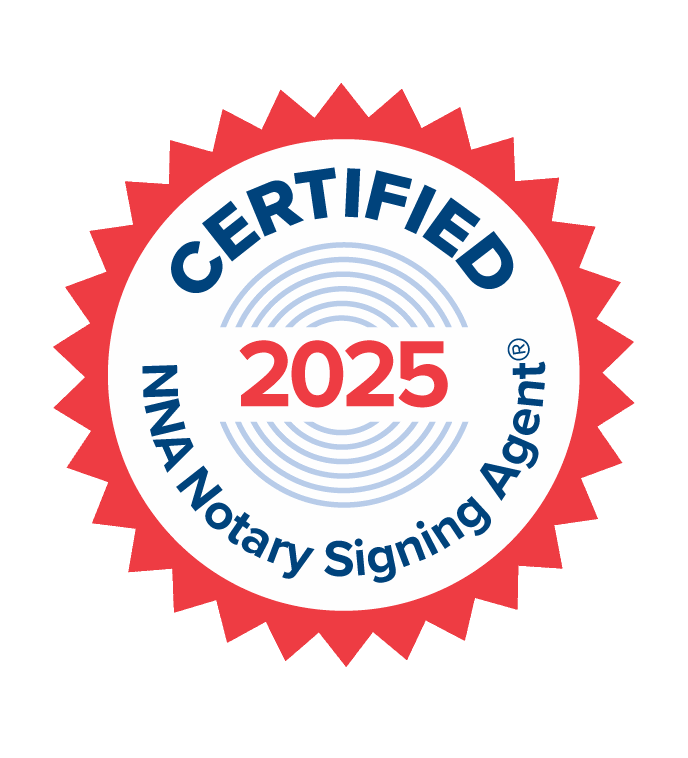Common Misconceptions About Notary Services Debunked
Understanding Notary Services
Notary services are often surrounded by myths and misconceptions. Many people are unsure about what a notary public does or how these services can be utilized. By debunking some common misconceptions, we can better understand the essential role that notaries play in legal and business processes.

Misconception 1: Notaries Provide Legal Advice
A common misunderstanding is that notaries offer legal advice. This is not true. Notaries are not lawyers and are not authorized to provide any form of legal counsel. Their primary role is to witness the signing of documents and verify the identity of the signers, ensuring that all parties are entering agreements willingly and knowingly.
Misconception 2: All Notaries Can Notarize Any Document
Another misconception is that all notaries can notarize any document. In reality, there are restrictions on what a notary can notarize. Some documents may require specialized training or additional certifications, and certain legal documents may need to be notarized by an attorney. Always check with the notary to ensure they are qualified for your specific needs.

The Notary's Role in Fraud Prevention
One of the critical roles of a notary is to prevent fraud. By confirming the identity of the individuals signing the documents, notaries help reduce the risk of fraud and ensure the integrity of the transaction. This process includes checking identification and sometimes recording details in a logbook, which can serve as evidence if a dispute arises later.
Misconception 3: Notaries Are Expensive
Many people believe that notary services are costly, but this is often not the case. The fees for notary services are generally modest and regulated by the state. It's always wise to inquire about fees upfront, but rest assured, the cost is typically minimal compared to the importance of having legally binding documents.

Understanding Mobile Notary Services
In recent years, mobile notary services have gained popularity, yet there is confusion about how they work. Mobile notaries come to you, offering convenience for those who cannot travel or need a document notarized outside normal business hours. This service can be especially beneficial for the elderly or those with mobility issues.
Misconception 4: Mobile Notaries Are Less Reliable
Some might think that mobile notaries are less reliable than traditional ones. However, mobile notaries are equally qualified and adhere to the same standards and regulations as their stationary counterparts. The convenience of their service does not compromise their professionalism or expertise.
The Importance of Choosing a Qualified Notary
Choosing a qualified notary is crucial for ensuring your documents are processed correctly. Look for a notary with good reviews or recommendations, and verify their credentials if necessary. A reputable notary will be transparent about their qualifications and willing to answer any questions you may have.

In conclusion, understanding these common misconceptions about notary services can help you make informed decisions when needing documents notarized. Whether you require a stationary or mobile notary, knowing the facts will ensure a smooth and efficient process.

